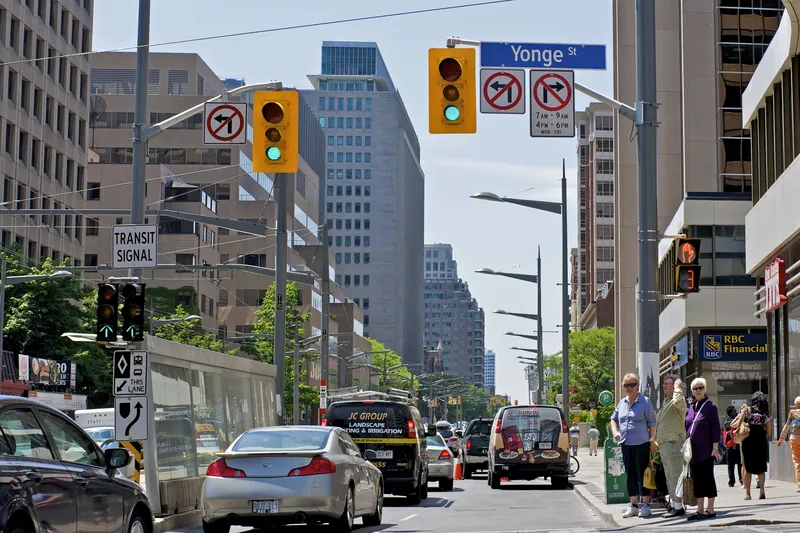The Traffic Control Management Services 2 (TCMS2) contract covers the whole of London. Cubic has been assigned responsibility for 1,000 traffic signals, variable message signs and overhead gantries across south-east London. The contract starts on 1 October 2014.
The traffic signals maintenance contract is a part of TfL’s and the London Mayor’s plan to double the investment in London’s road network from US$3.3 billion to US$6.7 billion over the next few years.
Part of TfL’s investment will go towards upgraded pedestrian crossings with countdown timers and audible alerts, efficient light emitting diode (LED) traffic lights, and cycle improvement schemes with low level cycle signals. The improvements will also see the expansion of the Split Cycle Offset Optimisation Technique (SCOOT) technology, which changes traffic signal timings based on traffic levels.
John Pickworth, sales director UK at Cubic Transportation Systems, says: “We are delighted to have been awarded this contract which is crucial in maintaining London’s road network. This contract has a larger scope than previous awards as we will have to source and deliver all required equipment and works associated with the project.”
Dana Skelley, director of Asset Management at TfL, said: “London is world-leading when it comes to traffic signals management and our new contracts will allow us to remain at the cutting edge of traffic control technology. We have a range of works planned to improve traffic signals across London and we look forward to working hard with our partners to implement them.”
Cubic (ITMS) wins key London traffic signals maintenance contract
Transport for London (TfL) has awarded Cubic (ITMS), a subsidiary of Cubic Transportation Systems, a six-year contract worth some US$85 million to maintain and expand the use of intelligent traffic signals, as well as new crossings for pedestrians and cyclists, at strategic points across the city. The contract includes a provision for a further two-year extension.
The Traffic Control Management Services 2 (TCMS2) contract covers the whole of London. Cubic has been assigned responsibility for 1,000 traff
August 1, 2014
Read time: 2 mins










